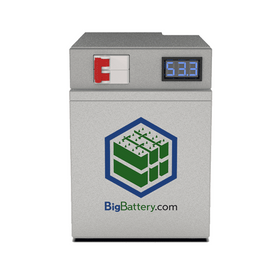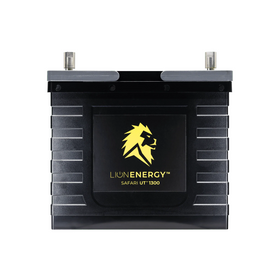Tobias Roberts

Home Battery
A home battery system provides essential electricity services for your home, either off-grid or when the power grid is down. It includes batteries, a charge controller, an inverter to convert the DC battery power to AC household power, a transfer switch (automatic and manual), a distribution panel, and optional solar panels or generator to charge the batteries. Without solar panels or a generator, the batteries can be charged when grid power is available. Typical essential services for backup power are
- Water well pumps
- Furnace fans
- Ventilation fans
- Refrigerator
- Internet router, and
- Phone and laptop charging
A home battery can be used to maintain operation of any electrical device you'd like not to lose when the power is out. In some jurisdictions, you can also use a battery pack to shift your power demand to times when the electricity price is lower. Types of batteries include lead-acid deep cycle, lithium-ion, lithium iron phosphate, and saltwater batteries.
When choosing a backup home battery power system, consider which services in your house, you want to run from it. Your requirements will have a significant impact on the size of the battery needed, and therefore the cost. Some electrical appliances, like electric stoves, heat pumps, and clothes dryers, have too large an energy load to run for long from a battery bank feasibly. If you want a reasonably sized home battery, choose essential electric systems to run and have these wired to a separate distribution sub-panel by an electrician. You'll also need to install a transfer switch so you can switch those services to battery power. Then consider what type of battery bank you want. Lithium-ion battery packs are compact and effective, but much more expensive than lead-acid deep cycle battery banks. Salt-water based batteries are also an up-and-coming sustainable option.
A battery pack makes your home more resilient during extreme weather events and other circumstances when grid power may go out. It's cleaner, quieter, and more efficient than running a generator. Even if you use a generator, you can run it for a few hours to charge the batteries. You can then turn the generator off so it will be quiet while you use the battery power. If you have solar panels to charge the battery, then your home can run for hours on your clean solar energy, even after dark. You can also use the battery at times of peak power demand, saving you money in those hours when the power price is high.
The batteries in current generation electric vehicles, when they are replaced, are typically still good enough to use as backup power systems for homes. Researchers at Dalhousie University in Halifax, Canada, are testing these repurposed batteries for home use, giving them a second life.


















